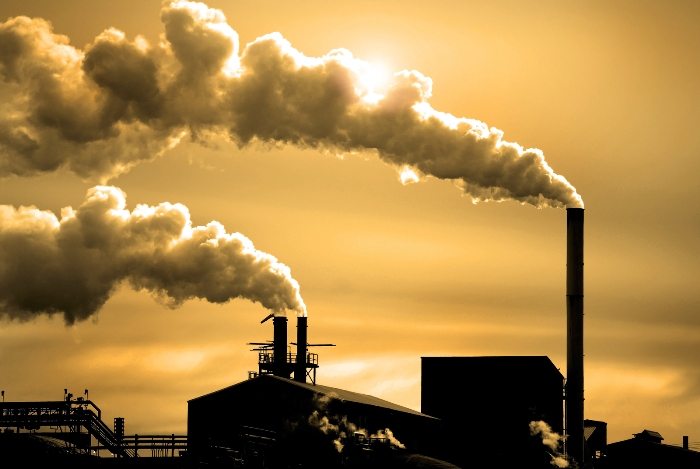Sumitomo Corporation, a Japan based firm is set to construct a thermal power power plant in Mozambique with future expansion plans in neighbouring Tanzania.
Sumitomo aims to expand its power generation business in the African continent and has partnered with heavy industry group IHI on a $149 million order from Mozambique’s state-run electric utility for a natural-gas-fired plant to be built near the capital Maputo.
Construction of the plant is scheduled to begin soon, with completion slated for 2018.
The 110,000kW facility is expected to provide about a fifth of the country’s demand for electricity. It marks the first sub-Saharan power plant project for IHI, which will supply the generating equipment.
Meanwhile, the project for Tanzania is estimated to be worth$308 million.
The 240,000kW gas-fired plant will be built near Dar es Salaam and will set record as the biggest thermal plant in the country. Completion date is due for 2018.
Hydropower is the main source of electricity in both countries. But as their economies continue to grow,the demand for power has outgrown supply thus frequent power shortages.
Sumitomo plans to build each country’s first combined-cycle power plant, which captures the heat wasted by a gas turbine to run a steam turbine, providing additional output. These plants are said to be 50 per cent more efficient than conventional coal-fired power stations.
The corporation is already constructing a combined-cycle plant in Ghana and has an operational wind farm in South Africa.
Among other Japanese trading houses, Marubeni has built a fossil-fuel power plant in Nigeria, while Mitsui & Co. is involved in a project to build and operate a coal-fired plant in Morocco.
According to United Nations projection, Africa’s population will increase by 40 per cent from 2015 to 2030 outstripping growth of 12 per cent in Asia and 11 per cent in North America. The need for more power generation in Africa is therefore imminent due to the steady growth of economies. This has subsequently been met with stiff competition from multinational firms among them Siemens and General Electric who are eying the African continent.

